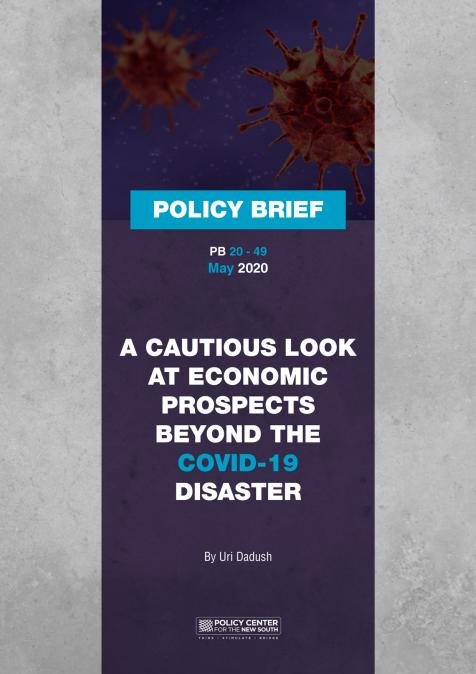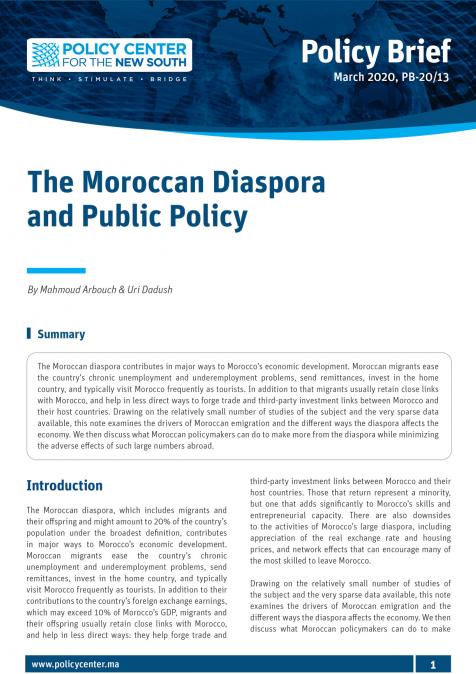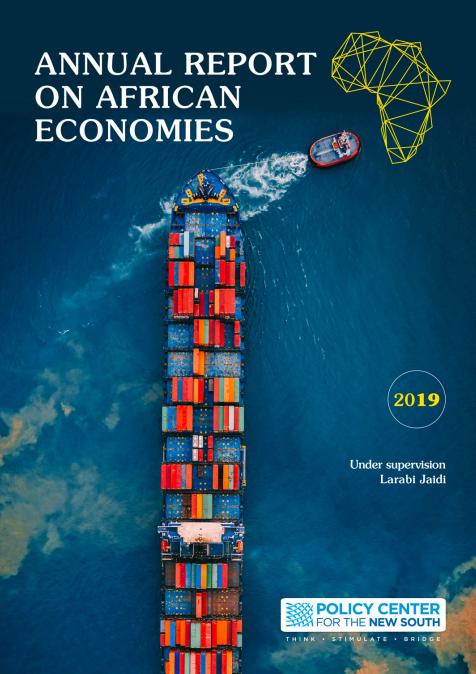In the 1990s and 2000s, the world manufacturing production partially moved from advanced countries to some developing countries, especially in Asia. This was the result of the combination of an increase of the labor supply in the global market economy, trade opening, and technological innovations that allowed for spatial fragmentation of production processes. As a result, foreign trade expanded, and world poverty diminished. Such trade globalization process stabilized in the 2010s and tends to be partially reversed by the new wave of technological changes.
Speakers

Otaviano Canuto
Senior Fellow
Senior Fellow at the Policy Center for the New South, Affiliate Professor at Mohammed VI Polytechnic University and Non-Resident Senior Fellow at Brookings Institute. Former Vice President and Executive Director at the World Bank, Executive Director at the International Monetary Fund (IMF) and Vice President at the Inter-American Development Bank.
...






